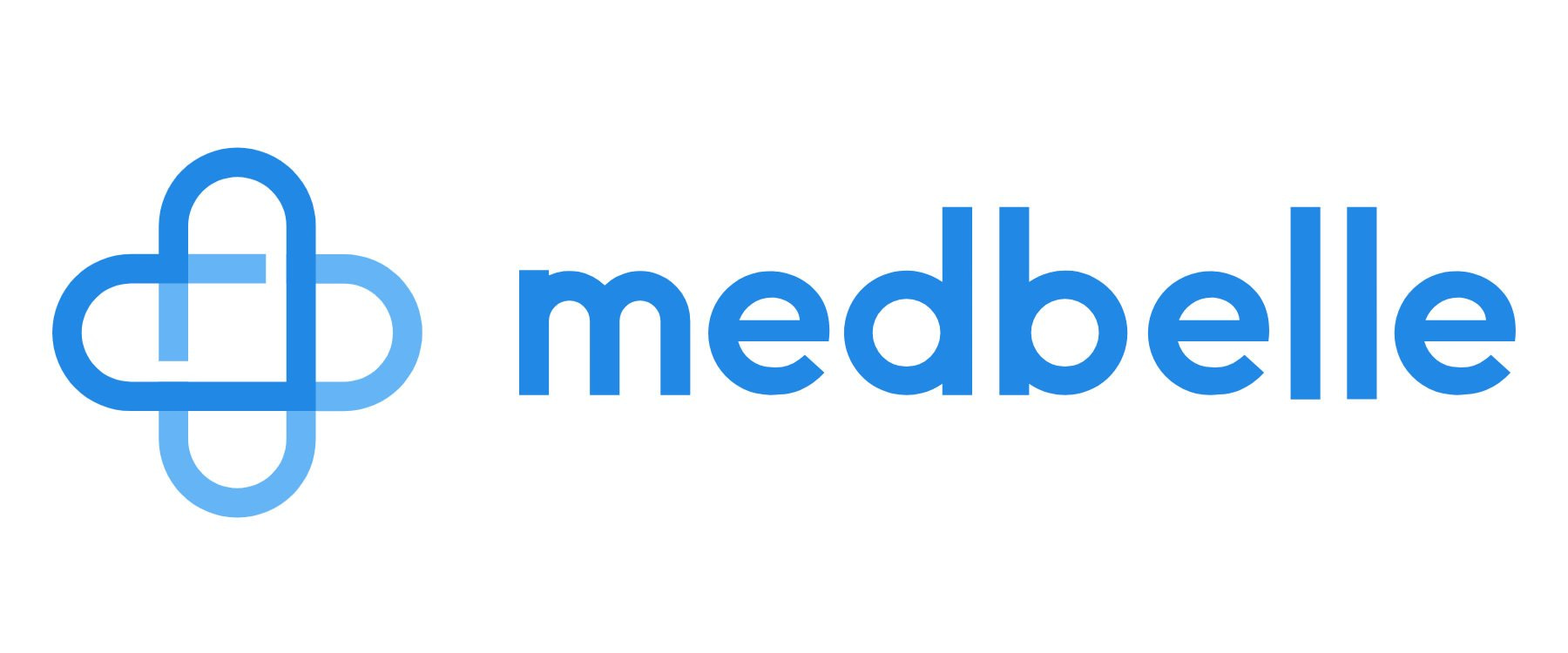When I first started doing SEO back in 1999 (Yep) SEO people quickly realised links were important. In those days it was the wild wild west of link building. Link buying, exchanges, hidden links. Links in footers from web developers, links in widgets. Just about everything worked. Google was not really checking whether links were genuinely given at all.
Link checking software became very popular and it was part of any serious SEO expert’s arsenal.
Then Google caught up, and link building became harder. Link exchanges, links in footers, links in widgets became a thing of the past. Outright buying links faltered, though paying someone to write an article still remains a thing. Link building moved more into the realm of PR, link baiting, asking other sites for links as opposed to offering money or exchanges.
In such an environment where a link is requested but not expected, link checking software became less popular. They are still around, but far less used. So I see more and more companies not realising, the links they think they have gained… are not in fact links.
In the above video, I show one such example where a website is giving links, but where the links don’t count as the site has been hacked, the hacking then switches out the HTML that is shown to Google, whilst presenting the normal HTML to browsers. Users of the website and even the website owner is unaware of what is going on. (Was unaware I should say, I have sent the website owner a message).
So check your links. That 200 links you think you have might, in fact, be far less than you think.
Some ways a link, might not be a link.
- Link page blocked by Robots.txt.
- Link page could have a canonical URL pointing to another page where your link does not reside.
- A link page could have a noindex and/or nofollow meta tag.
- HTML of the page being served to Google is different from the HTML being served to browsers.
- The link might be disguised Javascript, look like a link, but in fact, is not be a true link.
- The link page could be an orphaned page. Your link might appear on it, but as the page is not part of the main site, it might not itself be indexed, and with no link juice of its own, will have little weighting with Google.
- The link itself, could have a nofollow on it.
- The link itself might first redirect to a page Google cant index, before redirecting to your Url.
Got more examples?
Let me know, I’ll update this list




